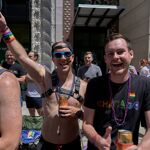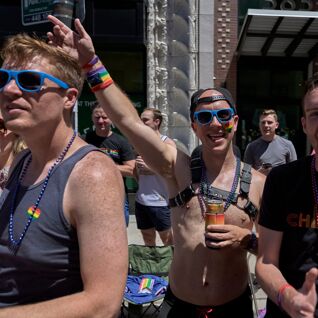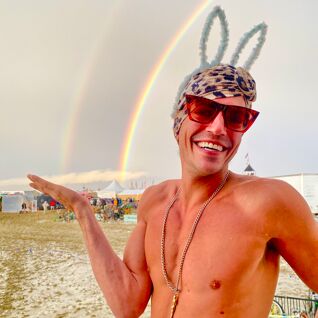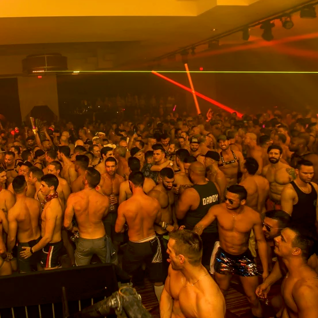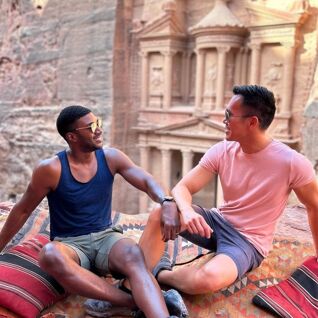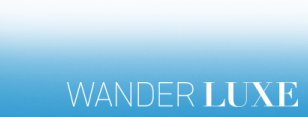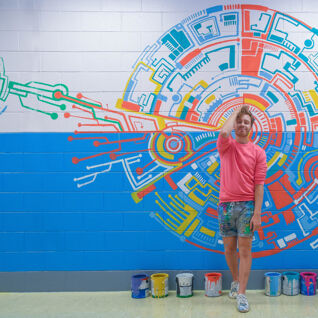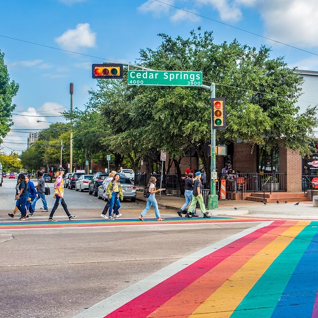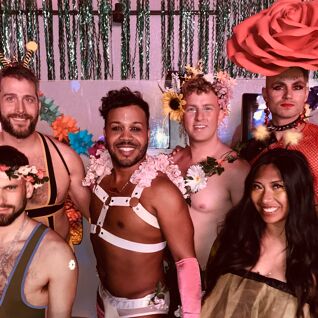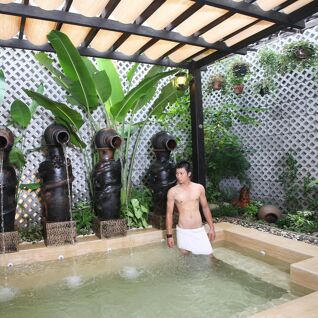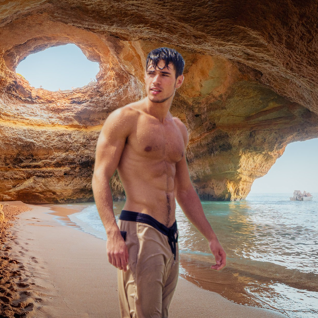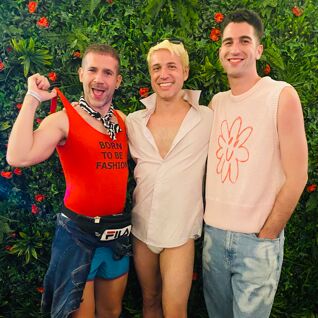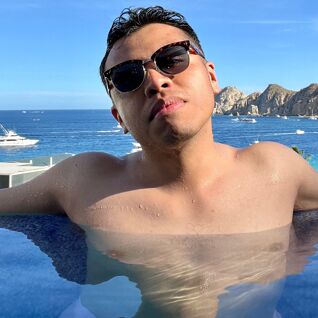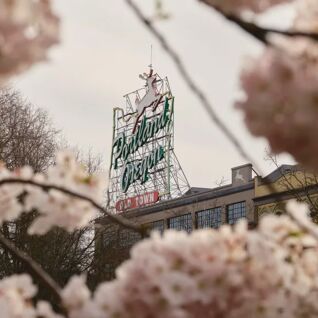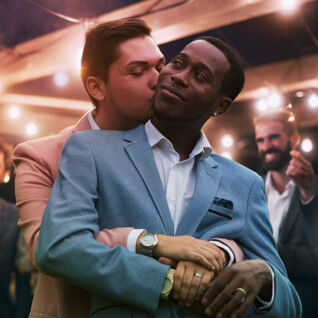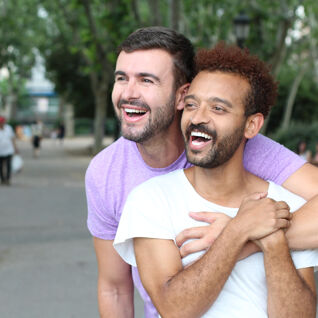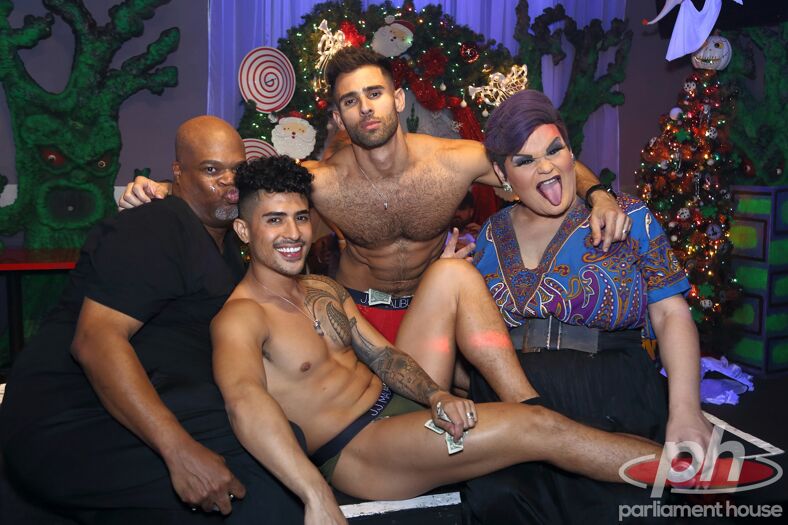
This weekend, the queer communities of the Sunshine State will converge on Central Florida for Come Out Pride Orlando. Since 2005, COPO has reigned as one of Florida’s largest Pride events, commemorating the historic Stonewall Riots and celebrating LGBTQ+ culture across multiple Orlando venues. Unfortunately, this revelry will once again not include beloved queer establishments Pulse and Parliament House.
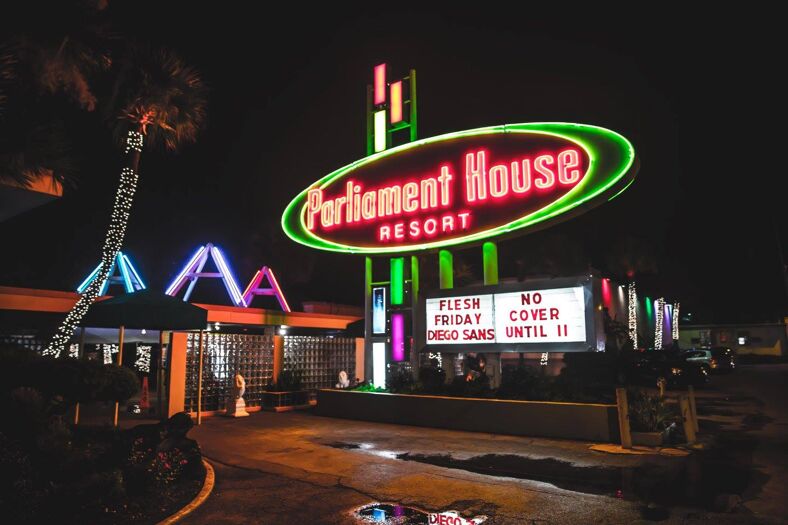
Pulse, notorious as the site of the 2016 mass shooting that resulted in the death of 49 people, has since been converted into a memorial for the victims. Parliament House, a sprawling ten thousand square foot queer resort complete with bars, a theatre, and over 100 motel rooms, shuttered in 2020. This establishment, which for years suffered financial woes, met its ultimate demise during the Covid quarantine, a fate shared with myriad other gay bars and nightclubs across the country. But even before the pandemic upended LGBTQ+ nightlife, and every other aspect of human existence, gay bars were already in decline.
According to Greggor Mattson, a professor of Sociology at Oberlin College who conducted a study examining the effects of COVID-19 lockdowns on queer spaces in the United States, 36 percent of gay bar listings disappeared between 2007 and 2019. Mattson surmised this decline can be attributed to two factors. First, the general acceptance of the LGBTQ+ culture within society has resulted in members of the community patroning non-gay establishments. Second, the advent of hook up apps such as Grindr has made the cruising aspect of gay bars and nightclubs redundant. But to Don Granatstein, owner of Parliament House, these venues involve more than just identity and promiscuity; they provide sanctuary.
“Parliament House was established in 1975, one the worst times for the gay community.” explained Don, who bought Parliament House with his wife Susan in 1999, phoning in from Orlando. Although the couple identifies as heterosexual, they are widely embraced as allies within Orlando’s queer community, and are notable participants in the city’s annual Pride parades, “AIDS was running rampant, they’re getting kicked out of their houses. And Parliament House was a refuge. People would tell me what it meant to them when they got thrown out of their homes and their parents wouldn’t speak to them. A lot of them lived at the Parliament House during that time.”
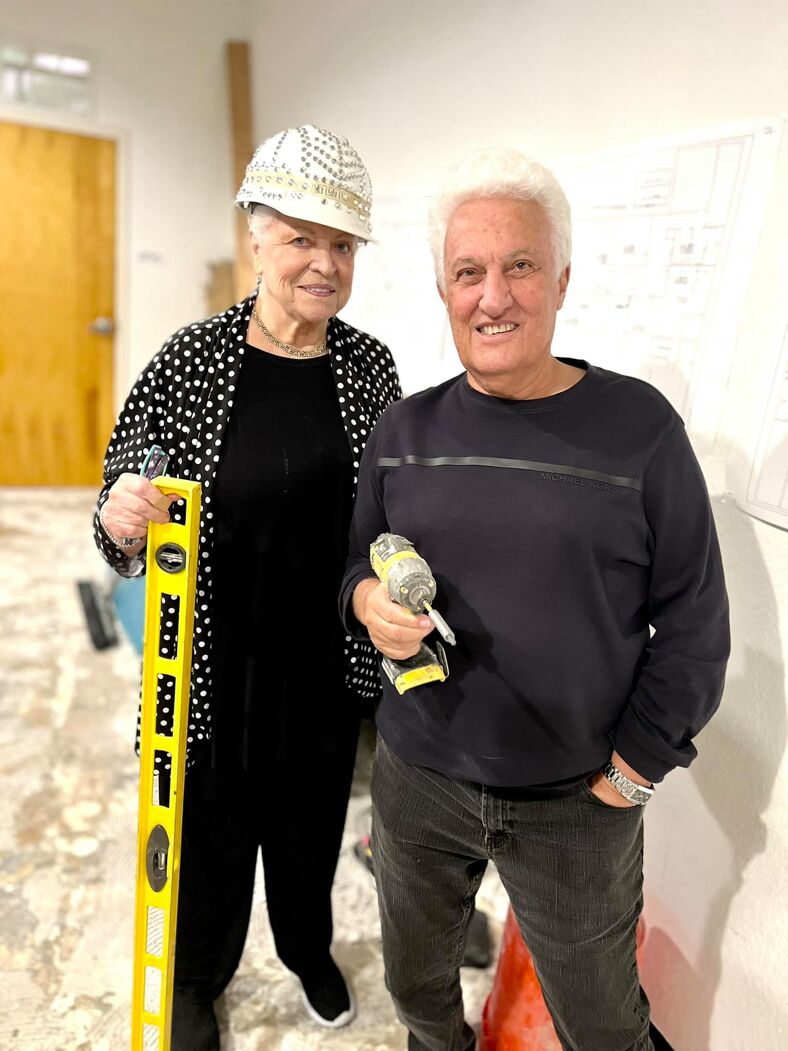
The Pulse shooting alone exemplifies the continued need for queer safe spaces in the contemporary era. Parliament House has also experienced the threat of gun violence in the past, specifically after Susan renovated the property to reflect a classic motel aesthetic.
“You could park in front of your room,” explained Michael Wanzie, a local playwright and former artistic director of Parliament House, during a separate phone interview, “and there was a parking lot out around the swimming pool and people could drive through it, cruise through. But also rednecks would drive through and shoot at you. One time, somebody just driving by shot up the front window out of the lobby with a shotgun.” Wanzie simply shrugged off the severity of the anecdote, adding “what are you gonna do?”
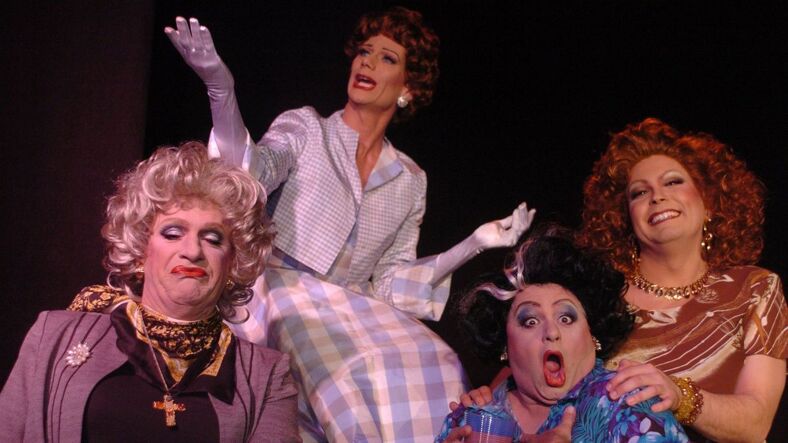
As for the threat of Grindr, to Wanzie, the comforts of Parliament House out weighted competition from hook up apps.
“Business in Parliament House did not wane one little bit with the advent of dating apps or Grindr or whatnot,” asserted Wanzie. “Most sane people given the choice would prefer not to bring a total stranger back to their home. If there’s affordable clean accommodations five steps away, then you can you can hook up and not have to worry about when the person leaves, or if you are going to be expected to make breakfast.”
For others, like Alex “Lex” Montiel, owner of The Eagle SF, hook up apps may not be necessarily displacing gay nightlife, but they are altering its social dynamics.
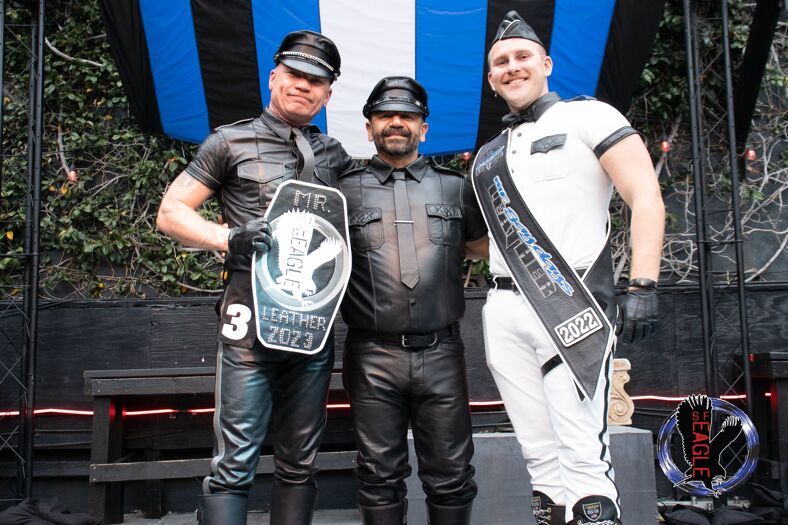
“I do see that in general, apps like GROWLr, Scruff, Recon, are definitely a big impact for the old style of going to a bar and meeting people,” said Lex, speaking with a prominent Eastern European accent. “Now, groups of people come to socialize, instead of you know, individuals come into a place to find who would they meet that night. It has changed the dynamics of cruising.”
Eagle SF opened in 1981, during an era when homosexuality was at best taboo, and at worst criminalized. Gay men primarily relied on the ‘hanky code,’ a system utilizing a variety of colored bandanas adorned on different sides of one’s body to convey their specific sexual desires. For example, a light blue handkerchief wrapped around the left wrist was a request for a blow job, while a red bandana sticking out of a back pocket signified wanting to get fisted. Between the aforementioned general acceptance of queer culture in mainstream society, and the usage of hook up apps, this form of cruising has mostly been rendered a sartorial dead language.
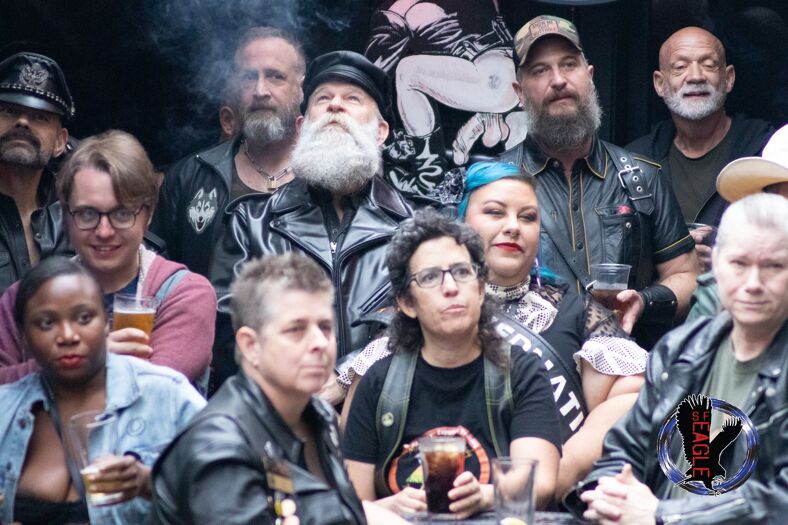
“Now, younger generations are not aware of how men used to meet men,” Lex continued. “The different signals, and different things that people would wear to identify what their preferences are. So those things can be lost in the newer generations, because they, you know, if they feel like they want to hook up, they can go to one of the apps instead of going to a bar and meet new people.”
Although The Eagle SF may be moving away from its iconic cruising culture, it still embraces another historically important aspect of gay bars. During the AIDS epidemic, these establishments connected members of the queer community with health services and life-saving HIV prevention information. The Eagle SF’s commitment to health care within the queer community continues to this day.
“We work with campaigns for COVID, and monkeypox testing, and vaccination sites in the bar,” said Lex, “so we continuously help our community find ways to be safe by engaging with the San Francisco Health Department. The Eagle has been a huge supporter of these vaccination sites and we were able to get four of them scheduled in The Eagle.”
In addition to providing the queer community with access to health care, gay bars ultimately provide with entertainment experiences, as is the case with Heart WeHo.
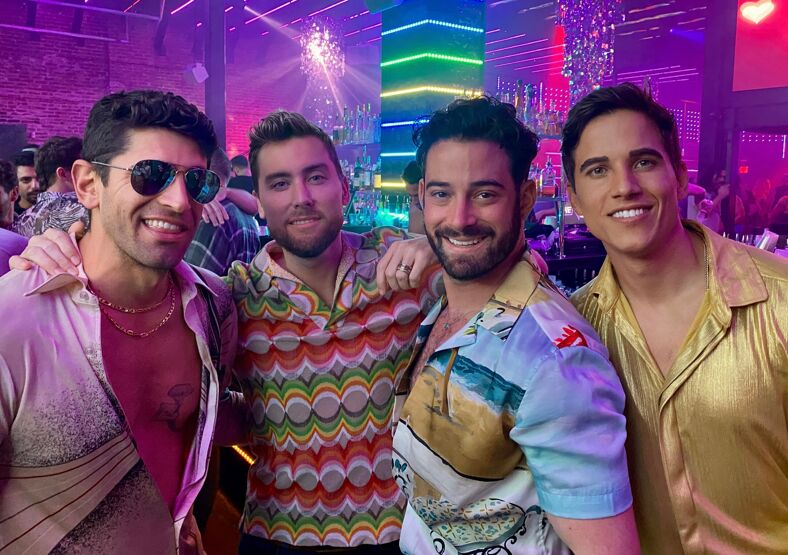
“Heart is all about the experience,” said Lance Bass, the *Nsync alum and part owner of Heart during a joint interview with one of his co-owners Mike Manning. While many bars in Los Angeles’ homo haven of West Hollywood were shuttering during quarantine, Heart defied the odds and successfully launched during the pandemic. “When you walk through the doors, we want to take you somewhere different, somewhere special. We don’t want you to just be looking up at the disco ball; we want you to feel like you are inside it.”
In less than a year, this nascent venue has hosted a number of queer celebrities and allies, including LIsa Vanderpump, Fergie, and Lizzo.
“We have welcomed hip hop royalty such as Cardi B, Megan the Stallion, Saucy Santana, and Lil Nas X,” added Mike.
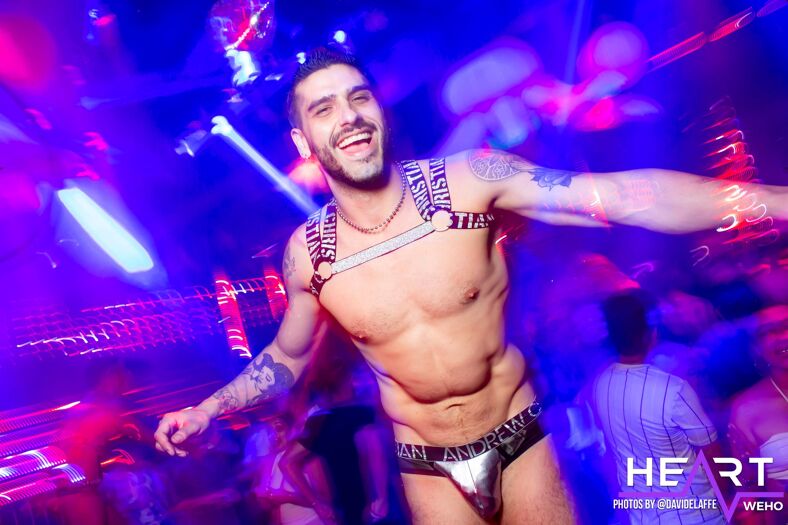
It’s worth pointing out that this array of celebs incorporate a diverse cross section of gender and sexual identities, suggestion that Mattson’s hypothesis works both ways. As gays venture into straight bars, straights are also venturing into gay bars. So if this delineation is already blurred, have queer establishments evolved beyond the need for traditional safe spaces?
“Not at all,” insisted Don. “There was an incident in the paper that talked about a gay gentleman dancing with his friends at one of the downtown bars. He was dancing with a girl and everything was cool. Then, when he was dancing with his husband. He got a tap on the shoulder, and a guy said ‘you’re not dancing like that in here.’ Like, what are you talking about? Homophobia exists.”
While solid epistemological arguments can be made for whether or not we need gay bars in our post-Grindr queer society, it really comes down to whether or not we want them. Don insists Parliament House is planning to reopen in a new location (although the launch date has already been pushed back several times.) For the Pride partiers of Orlando, this queer establishment, with its camaraderie, live shows, and convenient accommodations, is noticeably missed.
“I was at a birthday party last night for one of our drag queens,” said Don, “and all I got all night long was, ‘when are you opening? When are you opening? When are you opening?’ That’s what we get every day of our lives now.”
RELATED: See how cities across the globe memorialized Orlando’s Pulse Massacre

